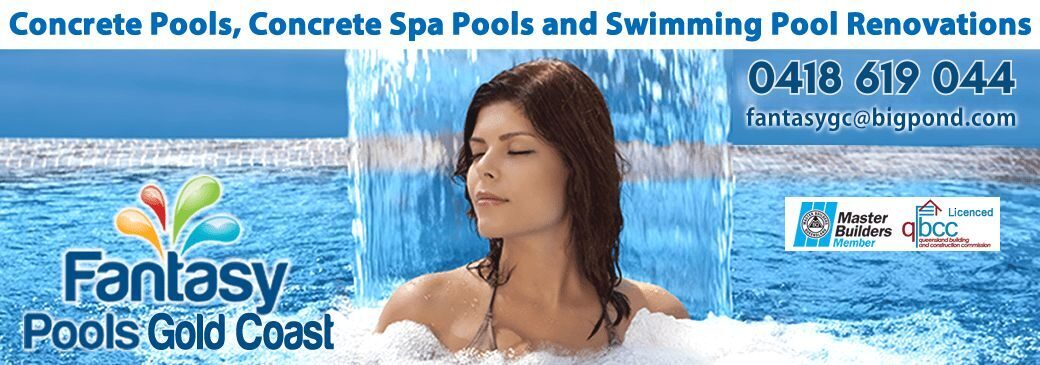Best type of swimming pool for my home?
So you’re thinking about getting a swimming pool for your backyard that will provide years of enjoyment, laughter, and fun for your family. No doubt, owning a swimming pool will have a wonderful and lasting effect on your life. Notwithstanding, in order to make the most out of this experience, it’s important you understand what your options are and which type of pool will best suit your needs.
We’ve decided to give you the honest and unbiased answers you need to answer this very important question. Here goes…
Above Ground Pool Swimming Pool
Advantages
There is one definitive advantage of an above ground swimming pool – cost. Without question, an above ground pool is going to cost less than any type of in ground pool (assuming you don’t build a large deck around it, at which point, you could have just as easily bought an in ground pool).
Disadvantages:
For most folks, the biggest disadvantage of above ground pools is their aesthetics. Some can view an above ground pool as an eyesore. Often subdivisions do not allow for their construction within their covenants. Even with a deck built entirely around them, an above ground pool will generally never add to the appearance of your home and yard. In fact, it will likely be a deterrent.
Another disadvantage of an above ground pool is their depth and design limitation. Generally speaking, most above ground pools come in one of 3 shapes—circle, oval, or rectangle.
Above ground pools simply are not built to last a long time. Their metals walls can oxidize and rust easily, and the majority of structures will generally fail in the 8-15 year mark. As a result of this, an above ground pool generally is not factored in as an improvement when a house is being valued and can be a deterrent when trying to sell a house.
Concrete Pools
Advantages:
The main advantage of a concrete pool is the fact that it can be designed and customised to fit any size, shape, or depth you’d like. From a visual standpoint, a concrete pool can look very nice because of these customise features.
Concrete pools add value to the property and are an asset when the owner looks to sell the home.
Disadvantages:
Far and away, the biggest drawback to a concrete pool is the high maintenance required to keep these pool pretty, clear, and clean. Not only does a concrete pool require more chemicals and brushing during the season, but it also goes through an expensive resurface on average every 8-15 years.
Another disadvantage of a concrete pool is its roughness of surface. Not only does this roughness lead to acid washing and easy algae growth. Also it can be very hard on children’s feet, and cause them to bleed after a few hours of playing in the pool.
Concrete pools also traditionally take a long time to build. This can be frustrating for homeowners as they have a constant construction zone in their yard.
Concrete pools are not ideally suited for salt chlorination. Although salt chlorinators can be installed on concrete pools a concrete pool will require more maintenance. Will require resurfacing earlier than if traditional water sanitising was in place. Given the many amazing benefits of salt chlorination this is a disadvantage for concrete pools.
Conclusion
We firmly believe that a concrete swimming pool is the best available swimming pool structure for most customer requirements.

